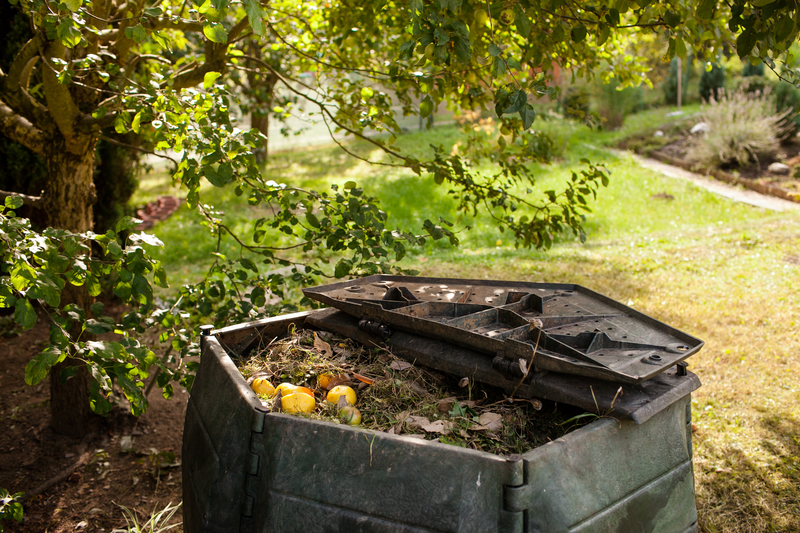London's Approach to Ending Waste
Posted on 17/11/2024
London's Approach to Ending Waste
As one of the world's leading metropolitan areas, London has a comprehensive approach to managing and reducing waste. The city has implemented a variety of strategies to combat waste production, focusing on sustainability, recycling, and community involvement.
Recycling Initiatives
London has invested heavily in recycling programs to ensure that a significant portion of waste is diverted from landfills. The city's authorities have set ambitious targets to increase the recycling rate and have introduced convenient recycling collection services for residents. Special recycling bins are provided throughout the city to encourage proper waste separation.

Waste Reduction Programs
The city government has launched multiple campaigns to educate the public on waste reduction. From promoting the use of reusable materials to advocating for responsible consumption habits, these programs aim to reduce the overall waste generated by Londoners. Collaborative efforts with local businesses have further amplified these initiatives, making waste reduction a communal goal.
Innovative Technologies and Green Solutions
London is at the forefront of innovative waste management technologies. From advanced sorting facilities to bioenergy plants, the city is constantly exploring new ways to process waste sustainably. For example, initiatives like anaerobic digestion transform food waste into useful energy, contributing to both waste reduction and energy production.
Public Participation and Community Engagement
Engaging the community is a vital aspect of London's waste management plan. Local councils regularly organize workshops and events to educate residents about sustainable practices. Community groups play a crucial role in spreading awareness and encouraging participation in waste reduction efforts.
Policy and Legislation
The city's approach is backed by robust policies and legislation. London has implemented strict regulations to discourage wasteful practices. For instance, policies requiring businesses to manage their waste responsibly and penalties for non-compliance have significantly reduced the city's waste footprint.
Challenges and Future Plans
While significant progress has been made, London still faces challenges in achieving zero waste. Continued population growth and urbanization demand ongoing adaptation and innovation. The city's future plans include expanding its green infrastructure and enhancing waste processing technologies to sustain and further its waste management goals.
Pros and Cons
London's approach to ending waste has several advantages and limitations:
- Pros:
- High recycling rates
- Community engagement and participation
- Reduction of landfill waste
- Innovative waste processing technologies
- Robust policy framework
- Cons:
- High costs of implementing and maintaining waste management systems
- Ongoing need for public education and participation
- Challenges in managing waste from a growing population
Tips
- Participate in local recycling programs and properly segregate your waste.
- Adopt a zero-waste lifestyle by reducing single-use items and opting for reusable alternatives.
- Stay informed about local waste management policies and initiatives.
- Join community groups focused on environmental sustainability.
- Advocate for better waste management practices in your community and workplace.

Takeaways
- Effective waste management requires both top-down policies and grassroots involvement.
- Continuous innovation in waste processing technologies is essential to meet growing demands.
- Public education and participation are key to successful waste reduction.
- Balancing the costs and benefits of waste management strategies can be challenging.
Conclusion
London's approach to ending waste is a holistic and multifaceted endeavor that integrates advanced technologies, community involvement, and strong policy measures. While it faces challenges, the city's commitment to sustainability and continuous improvement positions it as a leader in waste management. Individuals can contribute by actively participating in local initiatives and adopting sustainable practices, thereby playing a crucial role in the collective effort to reduce waste.
Latest Posts
London's Approach to Ending Waste





